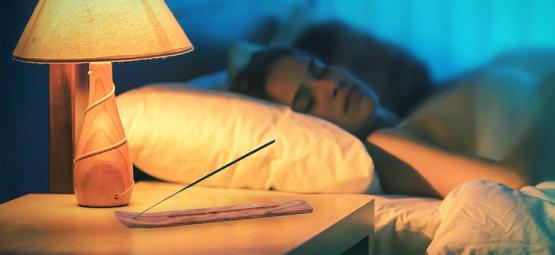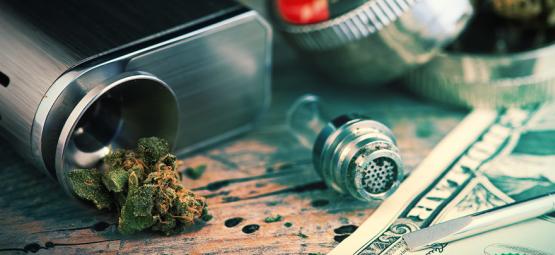Best Natural Herbs to Promote Sleep
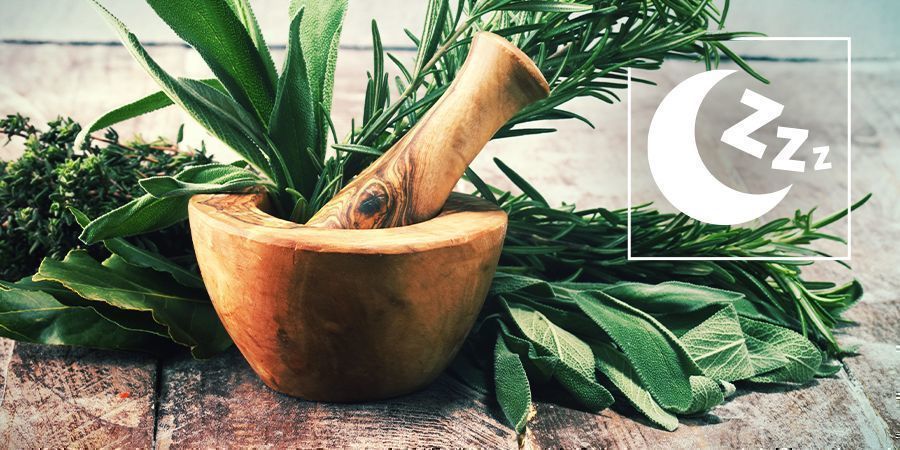
We all know how important sleep is. From our mindset to our mood, sleep is undeniably essential to human functioning. But sometimes we don’t get the rest we so well deserve. There are many factors responsible for this. Your environment can play a huge part, especially if you’re subject to noisy neighbours or busy streets. Or, you may just find yourself tossing and turning at night, despite "perfect" conditions. Sometimes, we all need a little helping hand falling asleep.
In this article, we’ll be taking a look at some completely natural herbs that can promote a good night’s sleep.
Top 6 Natural Herbs for a Healthy Night’s Sleep
We’ve assembled a list of the six most popular herbs used to promote, enhance, or generally benefit a night of natural, peaceful sleep. This way, you can wake up in the morning feeling refreshed and rejuvenated. Not only that, but many of these herbs can be prepared in multiple ways, giving you the option to enjoy them how you see fit.
Valerian
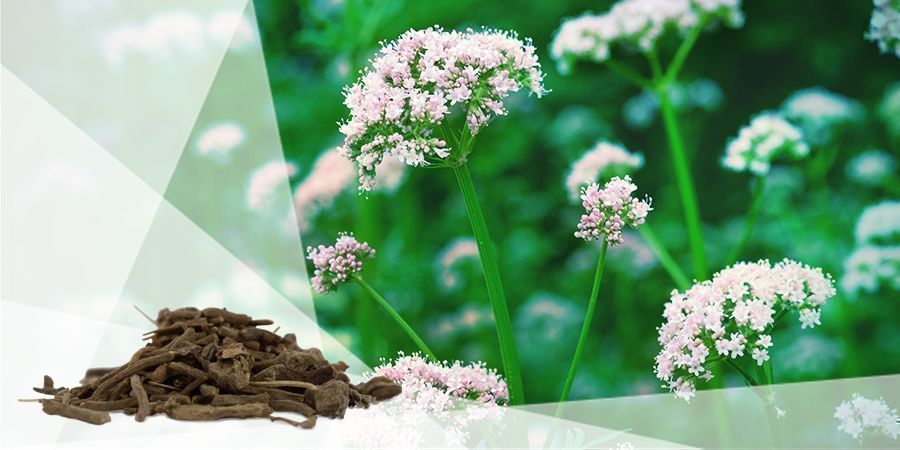
Valerian root has been used by humans for a very long time. Initially cited as a way to promote sleep and relieve tension, valerian is still a hugely popular herb that features in a wide variety of products. By helping to reduce feelings of nervousness, rumination, and worry, valerian works double-time to ease you into a natural slumber.
Taking valerian doesn’t mean you will instantly fall asleep; instead, its relaxing properties will complement the process as you wind down from your day. It’s important to note that valerian root has a very strong scent that may influence how you want to ingest the herb.
Passionflower

Passionflower is an herb derived from the flowers, stems, and dried leaves of the Passiflora plant. This is another intriguing candidate in our herbal quest for a healthy night’s sleep. Although passionflower is native to North America, it is grown and readily available in most other parts of the world.
When consumed as a tea, passionflower has soothing and sleep-supporting effects. The grassy, sour-sweet fragrance and taste of passionflower is easy to enjoy and blends well with other herbs.
Blue Lotus
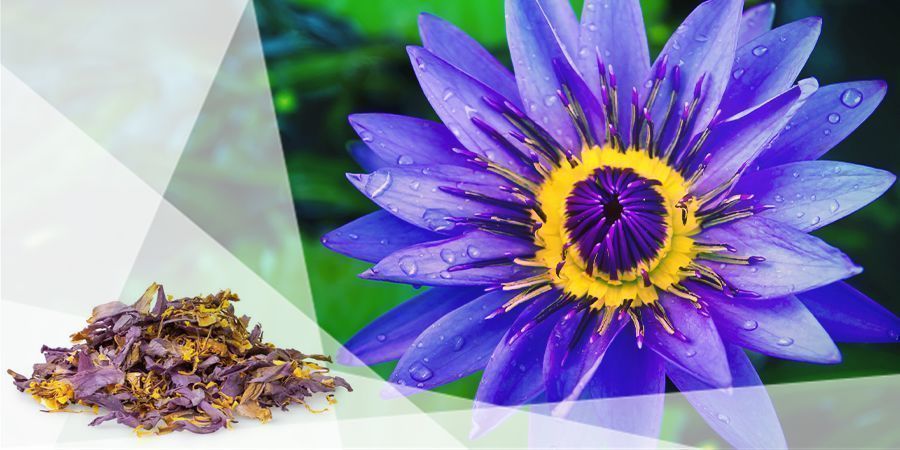
With use dating back as far as ancient Egypt, this flower is even depicted in artwork located in Egyptian tombs. Blue lotus (or Nymphaea caerulea for you budding botanists out there) has been used as a potential way to promote sleep for centuries. Most modern users vape or make a tea from blue lotus, which offers up relaxing, mildly euphoric effects.
This herb is frequently cultivated for its potential mood-boosting and soothing qualities, and it offers something unique from most herbal experiences. Just imagine vaping blue lotus before drifting off to dreamland. The plant is not difficult to find, and can be grown at home with ease.
Catmint
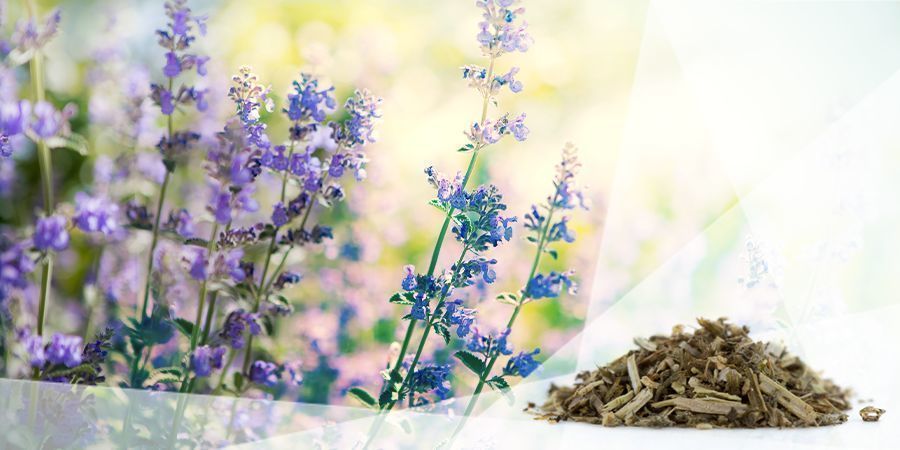
OK, bear with us on this one. It may sound a little out there, but catmint (or catnip) is an herb you can utilise to promote natural and beneficial sleep. Now, we’ve all seen the YouTube videos of cats going absolutely crazy over this herb, but its effect in humans is very different. Instead of rolling around on the floor or bouncing off the walls, you can use catmint to relax after a long day of work, or right before bed.
Like the other herbs on our list, catmint has a long history of traditional use and, while strong-smelling, can be vaped, smoked, or brewed into a tea with relative ease.
Chamomile

Anyone who has ever looked into natural herbs will have no doubt seen chamomile come up a few times. This is one of the most popular herbs available on the market, and for some excellent reasons! Many cite chamomile tea as a highly enjoyable way to support a good night’s sleep.
While studies gauging chamomile’s potential as a sleep-promoter are still underway, research has shown that certain antioxidants in chamomile may help reduce feelings of tension, which in turn promotes restful and healthy sleep. In addition to tea, many users choose to vape chamomile, often alongside other herbs to mitigate its harshness at higher temperatures.
Lavender

Last on our list is lavender. Similar to chamomile, lavender is one of the most popular herbs featured across industries. Whether as a critical ingredient in supplements, teas, or bath bombs, the fragrant and comforting aroma of lavender is undeniably soothing to the soul.
Research into lavender’s potential sleep-promoting abilities continues to this day. While its pleasing scent is often enough to relax some, the true viability of its effects is often disputed. Nevertheless, lavender is one of the most enjoyable herbs to vape or enjoy as a tea. It makes a particularly good pairing with blue lotus.
How to Consume Natural Sleep Herbs
Now that you’ve seen the various types of herbs available, how do you go about consuming them? The most common methods are vaping, brewing a tea, or creating a tincture. Let’s take a look at how you can do this at home!
Vaping

This is a simple, and flavourful, method of ingesting your favourite herbs. While smoking can be a viable option for some of the herbs suggested, vaping will give you a purer hit. No need to worry about any smoke or spoiled flavours.
Whether you are using a desktop or portable vaporizer, the method is effectively the same. Just add your finely ground herb or herbal concentrate to the appropriate chamber, and wait for the vaporizer to reach the ideal temperature before inhaling. Just make sure your vaporizer is equipped to handle oils as well as herbs should you want to use both methods.
Brewing a Tea
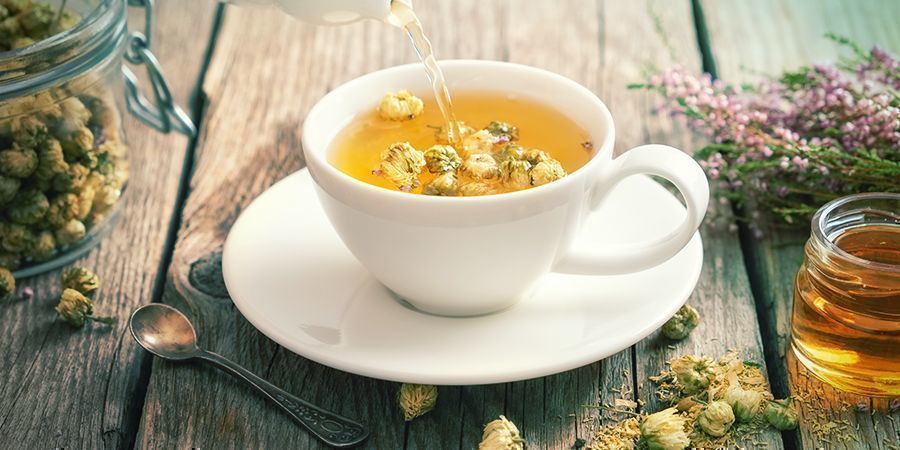
Another easy method of consuming your chosen herb is brewing a tea. There are several different options with this method. You can add an herbal extract or fresh/dried herbs to a ready-made tea and drink it that way. Or, you can look to buy a tea ball or tea infuser. This will give you the option of loading it with your chosen combination of herbs and brewing them in hot water. Then, pour into your favourite cup and enjoy. Sounds simple? Because it is!
Of course, you can look to buy ready-made herbal teas from your local health store. But brewing your own tea is highly rewarding, and you can monitor precisely what goes into it—discovering your own favourite combination of flavours and effects.
Tinctures
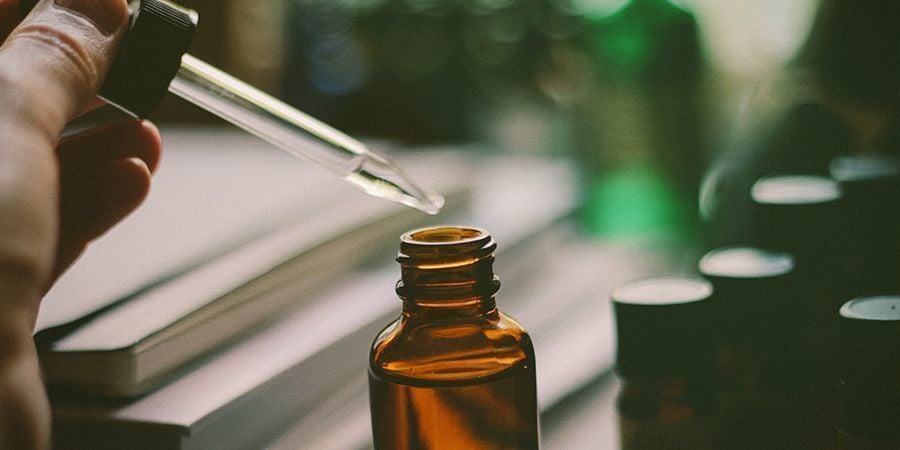
Tinctures, while seemingly quite an old-fashioned method of administering your chosen herb or concoction, have seen a massive resurgence in recent years. Tinctures are often viewed as a discreet and easy method of administration. They are also straightforward to make at home as the process only requires a few ingredients.
Mixing your herbs with an alcoholic spirit of your choice, letting them infuse, and then straining the liquid into a small dropper bottle will give you an ultra-convenient dosing method. Tincture bottles will allow you to place a few droplets under your tongue. It is then simply a case of holding the liquid in your mouth for a few seconds before swallowing.
Those are just a few suggestions for how to use your herbs. But certainly don’t be afraid to experiment and combine them. You’ll be surprised at what you can put together! There are no rules when it comes to creating—just personal preference.
Other Options for Promoting Sleep

We've looked at six of the most popular natural herbs to promote sleep, but there are a few other substances and products you can use to boost your nightly regime.
Cannabis
We couldn’t write an article about sleep-promoting herbs without mentioning this one. Many cannabis users have their go-to strain locked and loaded for when they are feeling fatigued. These strains promote full-body relaxation and offer a one-way ticket to the Land of Nod.
Incense
One of the common factors linking most of the herbs mentioned above is a pleasant scent. Herbal incense offers a way to unwind and relax before heading to bed. The use of incense dates back thousands of years and is still very much popular. From lavender to sandalwood, there’s a scent out there for everyone!
Relax Before Bedtime
While we have spoken about vaping and brewing teas throughout this article, sometimes you just want a hearty smoke or a capsule to unwind. Here is a list of 7 products that are sure to help you kick back and relax after a long day.
You might also like











 United States
United States





